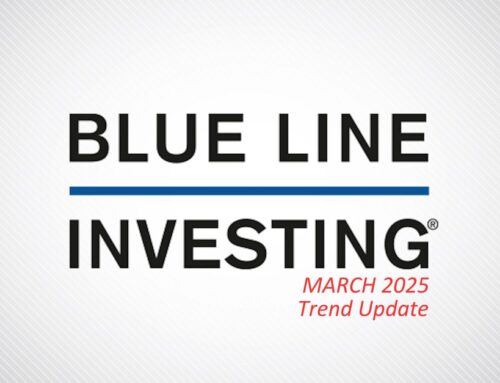
I believe it is important to understand the psychology of the stock market to become a more learned, and hopefully, successful investor. Many investors focus only on price as the sole variable when making their investment decision. But by doing so, are they missing the forest by looking only at one tree? Let’s consider the psychological aspect of different groups of market participants so we can try to reduce investment mistakes that can result from only focusing on one variable, in this case, price.
The stock market is comprised of many participants, each with their own self-serving agenda. Some of these participants are day traders, some are long-term passive investors, some are institutions, and some are short sellers. For purposes of this illustration, we will consider two specific groups – institutions and retail investors. Institutions, such as pensions and endowments, are sometimes referred to as the “smart” money, because they are considered to be experienced and well-informed, and most likely don’t make investment decisions based on emotion. Retail investors however, are sometimes referred to as the “dumb” money, because they many not have the same level of experience, and may invest based on emotion. So if the “smart” money wants to sell some, or all, of their stock holdings, can they do it all at one time? Not likely. Pensions and endowments typically own thousands or millions of shares of a companies stock. If they sold all at one time, they could crash the price of the investment they want to sell. As a result, they have to sell their shares over time. They need the retail investor (or other market participants) to think all is well with the stock market, so the retail investor will continue to buy the shares from the institution who wants to sell.
Remember, at all times, someone is holding on to the shares of outstanding stock. If I want to sell my shares to you, I want you to give me your cash in exchange for my stock. It may be unlikely you will buy my stock if share prices are falling. So I need a rising market – even if only for the short-term – to get you to buy. Once I sell you my shares I’m happy to be out of the market. If the market thereafter declines, it’s to my advantage and your loss. I now have cash, and may be patiently waiting for prices to go “on sale” so I can buy them back from you when your emotions change from “Buy! Buy!” to “Sell! Sell!”
Once investors begin to understand this psychology they can begin to remove their emotions from the investment decision making process. The question to consider for today is, “Which group of market participants do you believe is currently in control of the primary trend of the stock market?” If you can answer that question, then you are more likely to be making unbiased, unemotional investment decisions.
Disclosures:
Advisory services offered through Gordon Asset Management, LLC (GAM). GAM is an SEC-registered investment adviser. More information about the advisor, its investment strategies and objectives, is included in the firm’s Form ADV Part 2, which can be obtained, at no charge, by calling (866) 216-1920. Registration does not imply a certain level of skill or training. The principal office of Gordon Asset Management, LLC is located at 1007 Slater Road, Suite 200, Durham, North Carolina, 27703. Past performance is not indicative of future results. This material is not financial advice or an offer to sell any products. The information contained herein should not be construed a recommendation to purchase or sell any particular security. This information is intended for educational purposes only.




